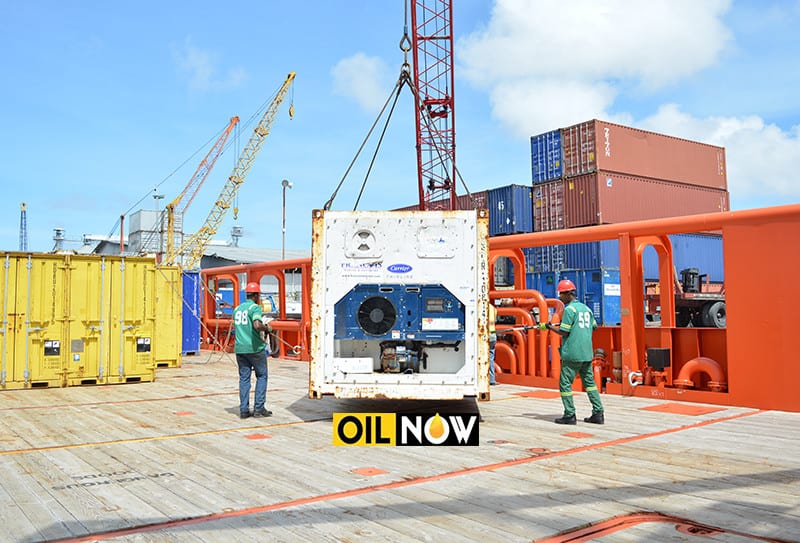Guyana’s second draft Local Content Policy Framework outlines the requirement of a ‘governance framework’ to ensure compliance by stakeholders in the oil and gas industry.
The country’s Ministry of Natural Resources released the second draft Local Content Policy Framework on Monday for public scrutiny and input.
Although the document quotes Natural Resources Minister, Raphael Trotman, as saying that “…at present, regulations will not be promulgated, but may become necessary as the industry unfolds and expands…” the inclusion of an ‘enforcement’ component signals a shift in thinking on how the policy is best implemented. A number of stakeholders, including the Georgetown Chamber of Commerce and Industry (GCCI), had pointed out that legislation was necessary to ensure oil companies and their contractors adhere to local content requirements. GCCI in particular, had made representation to the Ministry of Natural Resources in this regard.
The second draft policy document states that there will be required a governance framework, inclusive of institutions and legal and regulatory control instruments for overseeing the various stages of the business, projects and operations life cycles, in order to ensure compliance with the policy. “Potentially, these can comprise one or more of legislation, regulations, contracts, licences, permits, approvals, reporting requirements, guidelines, operating policies and procedures.”
Given the nascent state of Guyana’s governance framework and recognizing that the industry will not stand still while existing gaps are filled, elements of the regulatory framework will be developed and implemented in parallel with capacity building of the respective regulators, so as to provide for effective enforcement.
“Until a comprehensive system is in place, with capable and adequately resourced regulators, existing laws and contracts will be supplemented, as required, with fit for purpose, new instruments…which will place emphasis on the key requirements for successful delivery of the policy – capacity development, procurement and reporting for projects, plans and operations,” the document outlines.
New and existing contracts for International Oil Companies and major international services companies (contractors) will be administered using similar approval, reporting and oversight tools, so as to reduce the administrative burden on the regulators. Similarly, plans and projects submissions for approval and reporting formats and content will align with industry best practice for project and operations management and cost control, so as to minimize the burden on operators and contractors.
The first stage of implementation, the draft document states, will be designing a plan of action to give life to the policy. This will be done in collaboration with industry and other stakeholders, so that there will be sharing of ideas, experiences and resources and a clear, common understanding of the approach, roles and requirements of stakeholders and the state of play.
Several elements are also outlined in the second draft Local Content Policy Framework that speaks to capacity building for Guyanese businesses. This includes identifying advisory services in areas such as joint venture formations, risk management and other technical and business support requirements.
The second draft document outlining the local content policy framework was developed following consultations with stakeholders inclusive of government agencies, private sector groups, education institutions, civil society organizations and oil and services companies.




